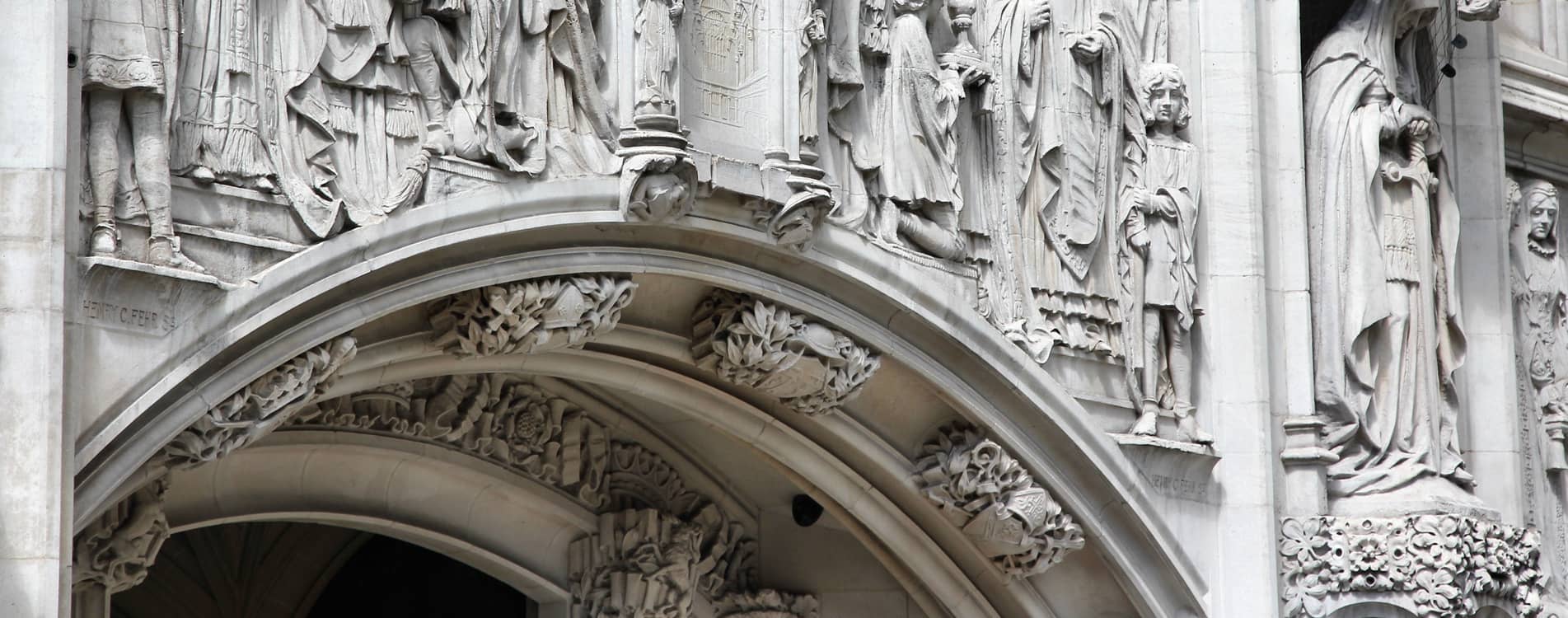
FCA Sets Out Redress Scheme After Supreme Court Judgment
See what the latest developments from the Supreme Court and the finance regulator mean for you.
Good news! The Financial Conduct Authority (FCA) has confirmed it will press ahead with a consumer redress scheme following the Supreme Court’s ruling on unfair car finance commissions.
The regulator has confirmed that a consultation will take place in autumn on how drivers who paid inflated interest rates could reclaim money lost to unfair commission arrangements stretching back nearly two decades.
The Court found that, in one pivotal case, there was an unfair relationship between the lender and the borrower, leaving the motorist paying more than they should have.
In its judgment, the Court said that unfairness could arise from several factors, such as the size of the commission compared with the overall cost of credit, the way commissions were structured to encourage higher interest rates, how clearly (or poorly) they were disclosed, the characteristics of the individual borrower, and whether the deal complied with regulatory rules.
The FCA announcement opens the door for multiple types of commission models, including certain fixed-rate commissions, to potentially fall within the scope of the redress scheme.
What the Supreme Court Decided
On 1 August 2025, the Supreme Court ruled that dealers are not fiduciaries of their customers and that lenders cannot be accused of “bribery” simply because they paid commissions. This was widely seen as a relief for banks and finance companies, which faced potentially vast liabilities.
However, the Court upheld the unfairness finding in Johnson v FirstRand Bank Limited, in which the borrower had not been informed of a substantial commission that formed part of the finance agreement. That aspect of the ruling ensures consumers still have a route to compensation, and it is on this legal foundation that the FCA is building its redress scheme.
How the Redress Will Work
The scheme is expected to primarily focus on discretionary commission arrangements, where brokers could push up interest rates in order to boost their own earnings. These are widely seen as problematic because they create an obvious conflict of interest between lender and borrower.
Some non-discretionary commissions will fall within the parameters of the redress scheme if they fail to meet the statutory test of fairness. That test looks at the overall relationship between lender and borrower and asks whether, taken as a whole, it tips too far in favour of the lender.
Consumers may not need to take any action at all if the Financial Conduct Authority opts for an automatic, opt-out model, where lenders would be required to contact affected borrowers directly. However, an opt-in approach, where drivers would have to submit a claim themselves, is highly possible.
As for the size of compensation, the FCA has yet to confirm a precise formula. One option is that drivers will be refunded the difference between what they actually paid and what they would have paid if commissions had not inflated the rate. Another possibility is a repayment of the commission element itself, plus interest.
Whatever model is chosen, the FCA has suggested that simple interest will be added, probably at a rate of around three per cent a year. With average payments expected to fall just under £950 per client, per agreement, the overall cost of the scheme is likely to be between £9 billion and £18 billion, making it one of the largest redress exercises in British financial history.
When It Starts
The Financial Conduct Authority will publish its next update on the scheme in October 2025. The system is expected to go live in 2026, and drivers will have a specific window of time to bring their claims once it opens.
If you had a car finance agreement after 2007, you could be entitled to compensation. Don’t wait until the scheme launches. Check now using our free eligibility tool and see if you have a claim.







